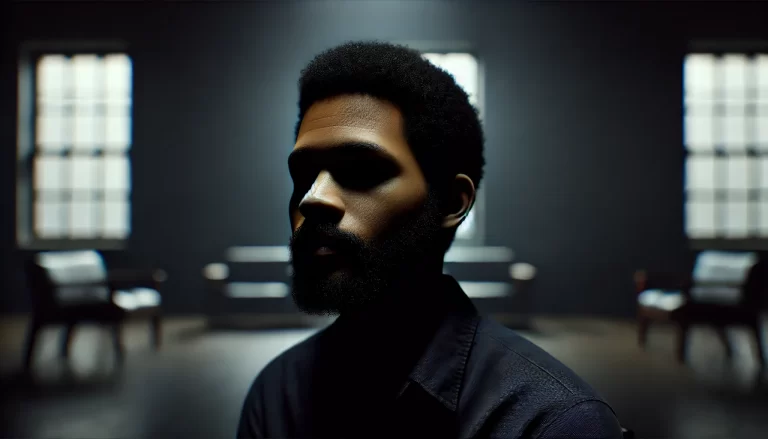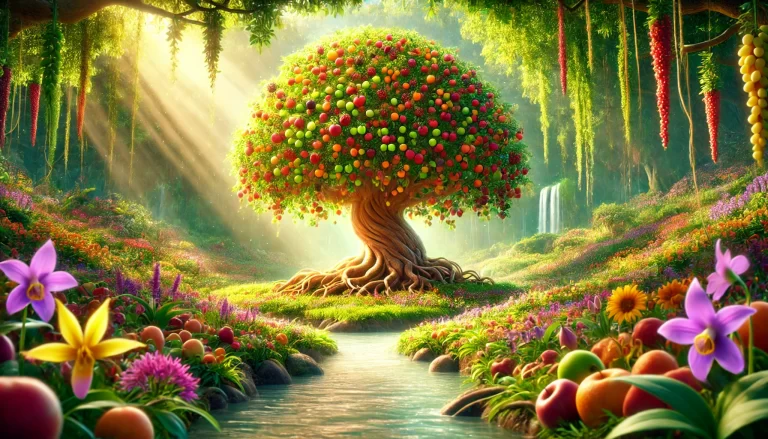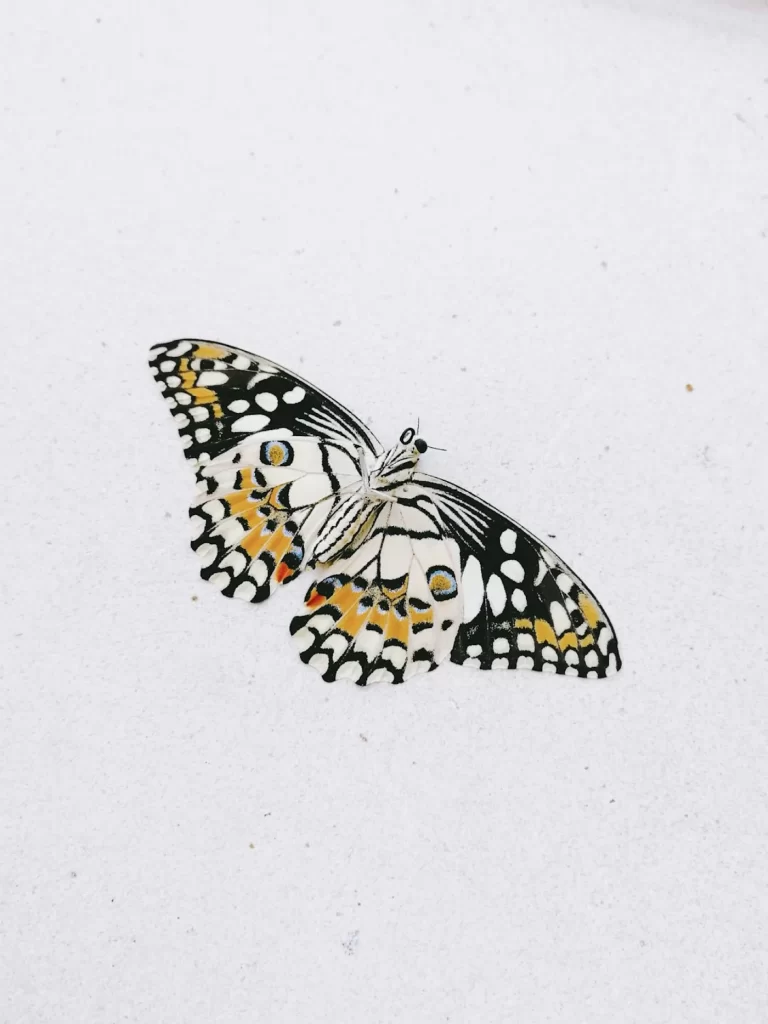Learning to Love: What Real Love Looks and Feels Like
You’ve seen it in movies—the kind of love that makes people run through airports, stand in the rain, or whisper “I’m here” when the world feels like too much. You’ve read about it in books, heard it in song lyrics, maybe even watched it unfold in the lives of people around you.
But for you? Love has always been something distant, like a song playing in another room—audible, but never fully reaching you.
Maybe you grew up in a house where “I love you” was never spoken, where affection was rationed like food in a famine. Or maybe you’ve been in relationships where love was promised but never protected, where every time you reached for it, it turned to smoke in your hands.
So you wonder—what does love actually feel like? How do people know they’ve found it? And if you’ve never experienced it, how do you recognize it when it finally arrives?
What Is True Love?
Love is not just romance, grand gestures, or the feeling of butterflies in your stomach. It’s a foundation, a shelter. It’s:
- Safe: You don’t have to prove your worth or fight to be seen. Love sees you.
- Consistent: It doesn’t disappear when things get hard. It holds steady, even in the storm.
- Expansive: It doesn’t shrink you; it gives you room to grow.
- Kind: Not just in words, but in action. Love nurtures, protects, and builds, rather than tears down.
Love is not a transaction. It’s not something you earn by being “good enough.” True love, in its purest form, is given freely, without conditions or expiration dates.
The Struggle of Learning to Love
If love has always been unfamiliar, stepping into it can feel like walking into a foreign country where you don’t speak the language. You might be afraid to show it, unsure how to receive it, or suspicious of those who offer it to you.
Here’s why love can be hard when you’ve never truly experienced it:
- You fear vulnerability. Love requires opening up, but if you’ve been hurt before, letting someone in can feel like an impossible risk.
- You don’t know what’s real. If you’ve only known toxic relationships, healthy love can feel boring or unfamiliar.
- You expect love to hurt. If past love came with conditions, you may assume that pain is just part of the package.
- You feel unworthy. When no one has ever loved you well, you might start believing you don’t deserve it.
Love is not a privilege —it is a right. You are worthy of it, even if you’ve never had it before.
How to Recognize True Love
Love can be sneaky. It doesn’t always come wrapped in grand gestures. Instead, it shows up in small, everyday moments:
- When someone listens to you—not just to respond, but to truly hear you.
- When someone remembers the little things, like how you take your coffee or the way your voice changes when you’re tired.
- When someone respects your boundaries and never makes you feel guilty for having them.
- When someone makes space for your emotions, instead of dismissing them.
- When someone shows up, consistently, without needing to be asked.
Love doesn’t just say, “I care about you.” It proves it.
How to Love When You’ve Never Been Taught
If love has never been modeled for you, how do you learn it? Like anything new, it takes practice.
- Start with yourself.
The love you accept from others will always be a reflection of how you love yourself. Speak to yourself with kindness. Set boundaries that protect your peace. Learn to be okay in your own company. - Give love in small ways.
Love doesn’t have to be dramatic. Start by showing kindness—to a friend, a stranger, yourself. Send a thoughtful text. Hold the door open. Say, “I appreciate you.” - Learn to receive love.
If you’re used to rejection, real love might feel suspicious. But practice accepting it—whether it’s a compliment, a hug, or someone showing up for you. Let love in, little by little. - Let go of fear.
Love is risky, yes. But so is living without it. You are not meant to go through life untouched by love. - Find healthy role models.
If you’ve never seen healthy love, look for examples. Watch how people treat their partners, their friends, their family. Love leaves clues. Pay attention. - Use your resources: If you don’t see examples of healthy love in front of you, go find them—don’t let a lack of role models be an excuse to stay in the dark. We live in a world full of resources at your fingertips. Watch videos on YouTube, listen to people who break down what real love looks like. Find a book on Amazon or visit your local library, where countless authors have studied love, relationships, and emotional growth. Subscribe to blogs or podcasts that teach about love in a way that resonates with you. Just because you weren’t shown love growing up doesn’t mean you can’t learn it now. Love leaves clues—seek them out.
Overcoming the Fear of Love
If you’ve lived your life without love, stepping into it can feel like learning to walk after years of standing still. You might feel awkward, uncertain, even afraid. That’s okay.
Love is not something to be feared. Love is not a weapon. Love is not here to break you.
If someone’s love makes you feel small, anxious, or unworthy, it’s not love—it’s control, attachment, or dependency. True love will never require you to betray yourself to keep it.
Love is a Language, and You Can Learn It
Maybe you weren’t taught how to love. Maybe no one ever held you gently, spoke life into you, or made you feel like you mattered. Maybe love feels like an unsolvable mystery.
But you don’t have to stay a stranger to love.
Love is a language, and even if you weren’t born into it, you can still learn to speak it. You can still learn to receive it. You can still be surrounded by it.
You are worthy of love. Not just the kind that’s convenient. Not just the kind that’s easy. But the kind that stays, that protects, that nurtures, that grows.
Your past does not disqualify you. Your fears do not disqualify you. Love is for you, too.
Take one small step today—send a kind message, accept a compliment without deflecting, or sit with the idea that you are worthy of love.
Let your guard down just a little, even if it’s just with yourself.
Love isn’t a flood—it starts as a drop. Let the first one in.
Notes
“Love is patient, love is kind. It does not envy, it does not boast, it is not proud. It does not dishonor others, it is not self-seeking, it is not easily angered, it keeps no record of wrongs. Love does not delight in evil but rejoices with the truth. It always protects, always trusts, always hopes, always perseveres. Love never fails.”
–1 Corinthians 13:4-8 (NIV)







